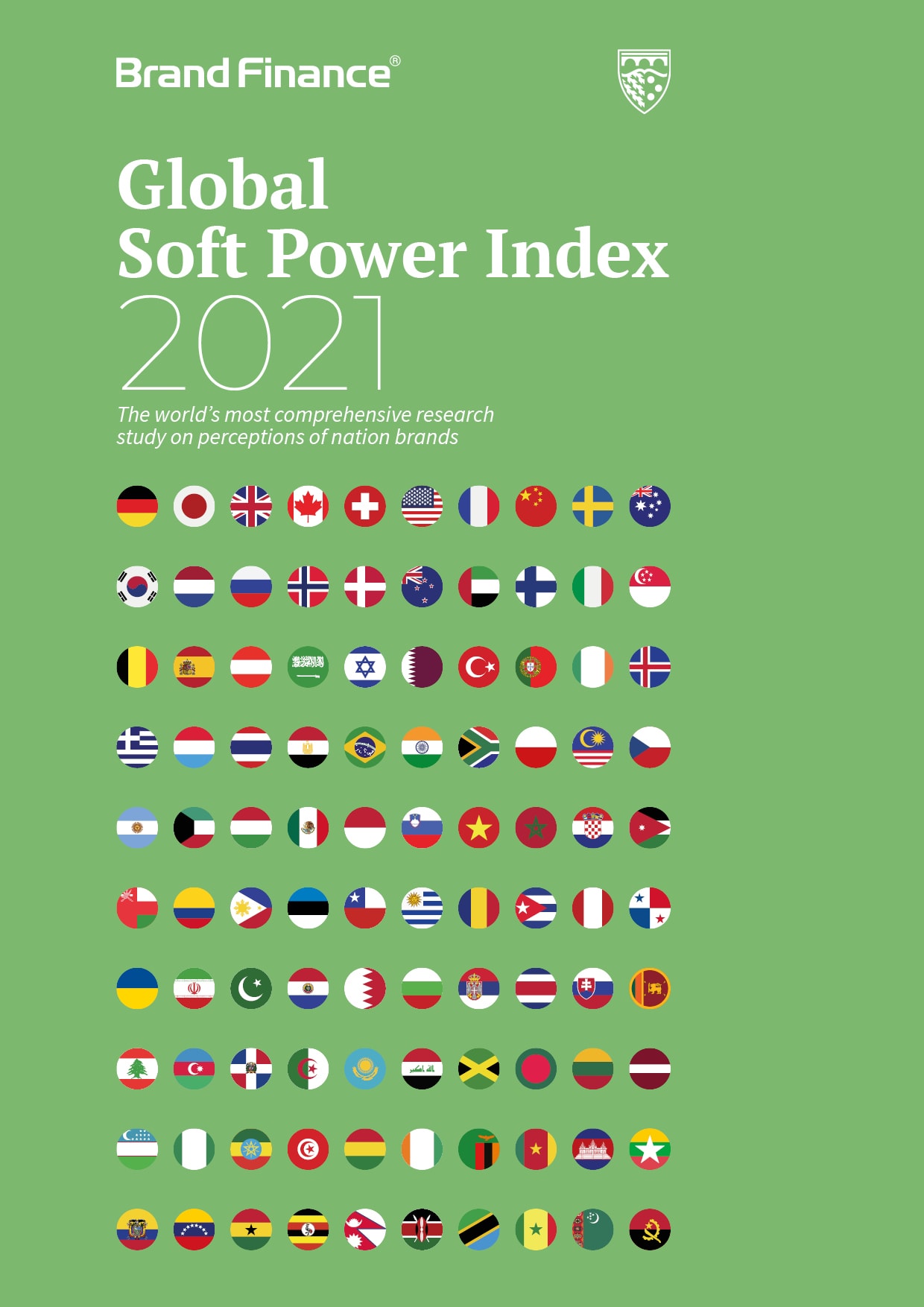South Africa is a country of frighteningly good possibilities punching way below its weight. Being a young emerging country with a complex history brings many challenges, further complicated by the COVID-19 pandemic.

While the nation’s economy – already regarded as ‘junk status’ by the ratings agencies – has experienced severe head winds, along with the rest of the world, the mining sector as a whole is enjoying the current commodities boom.
Mining could be even more viable if only government would slash the red tape holding back progress. At the annual Mining Indaba, the leader of the industry body said the relevant minister could release billions of Rand in development at the stroke of a pen. Agriculture has also made a strong showing due to favourable weather and rain at the right time.
However, the alcohol industry has taken a severe beating, with many producers either closing or staggering on. It was reported that around 50% of the entire 2020 vintage remained unbottled as at November. The wine industry has been locked down for no less than three periods over the last 12 months. However, the trade spat between China and Australia has resulted in wine exports from the latter all but ceasing, resulting in South African exports to China jumping by 50%. South African digital wine retailers have also blossomed, with many good brands discounted – value for money is world beating. That being said, the periodic alcohol bans had the unfortunate side effect of Anheuser Busch cancelling a much-needed promise of inward investment.
Another major source of employment and income is hospitality; the world class hotels, guest houses, restaurants, pubs and game parks, many situated in the most beautiful scenic geography – all severely impacted. Again, businesses have closed, are mothballed, jobs lost and the full impact still to be seen as the summer season comes to an end. For now, the Rand is reasonably strong against major hard currencies – meaning good value ideal for a holidays.
Europe remains a major trading partner, so the impact of Brexit still has to be gauged. Simply being on similar time zones has many advantages. Business goes on as Zoom, Teams and Skype have come into their own. Contact with colleagues worldwide in many cases are better today than previously. At last, Africa is moving away from its highly fragmented past with the creation of the African Continental Free Trade Area to be known as ‘AfCFTA’. Over time, the benefits from this new trading block will be significant.
The big challenge will remain the pandemic. The uncertainty and new strains mutating at an alarming rate means the scientific world is heroically attempting to chase it down. To date only a handful of predominantly front line workers on the continent have been vaccinated as well as a couple of the former French territories in North Africa. There remains much uncertainty about procurement and roll-out, yet the expertise and infrastructure are in place. So the borders, for the most part, are closed.
South Africa is often accused of having an economy of “haves and have nots”. At the moment, this is becoming a global phenomenon as vaccine nationalism raises its head. To tame COVID-19, the whole world will need to be vaccinated – and perhaps like the flu, we may require an annual jab to overcome the new versions that will emerge.
Interview with Dr Petrus de Kock

In this year’s Index, South Africa is by far the highest ranked nation from Sub-Saharan Africa. Where do you see the focus of South Africa’s soft power activity in the coming years as a regional leader – globally or on the continent of Africa?
The soft power assets the South African Nation Brand has in its ‘arsenal’ are diverse, and resilient. Through several primary research engagements - in peer African markets, Asia, Europe, and the Americas - Brand South Africa has found that the country’s profile, reputation, and influence are anchored in several aspects pertaining to its democratic transparency and free press, its diverse economy, and infrastructural base. However, towering head and shoulders above the forementioned factors, in terms of soft power influence (and brand association), is an agglomeration that emanates from the deep creative heart that beats in mountains, forests, deserts, cities, and towns of this country. The proverbial beat of South Africa’s soft power heart lies in its people and the art, music (just think of the epic global influence South African jazz has had on ears around the planet!), film, entertainment, and the country’s vibrant cultural scene.
The past 12 months have been like no other. What projects or campaigns have you developed at Brand South Africa to address new challenges resulting from the COVID-19 pandemic – especially in the key fields of tourism, trade, investment?
In response to the COVID-19 pandemic Brand South Africa supported the national effort aimed at curbing the spread. This took the form of awareness campaigns, and direct support of government and the private sector. During 2020, South Africa hosted the third annual South African Investment Conference (2020). In 2018, President Ramaphosa announced a five-year investment drive with the goal of attracting $100 billion investment. The SAIC was successful in a year where global FDI dropped by an estimated 30-40%. At the 2020 SAIC a total investment commitment of R109.6bn were made. Investment pledges came from South African companies looking to expand operations to fully unlock regional potential under the African Continental Free Trade Area (AfCFTA). Domestic Investment continued to be vibrant making up 50.6% of the announcements. The foreign component was also strong, making up almost 49.4% of the total.
In this digital age, we are witnessing how soft power tools can be leveraged for hard power purposes – with fake news, social media bots, and cyber-attacks the disappointing new normal of our online reality. Is it even worth playing fair?
The deployment of soft power assets in 21st Century international relations, as well as the discourse on it, will increasingly have to engage with and understand that while perception may be reality, the grand battlefront of this century is already in the digital or virtual realms. If the exercise of soft power aims to convince, or quietly shift an audience or a country’s decision/policy makers to a point of view favourably disposed to yours, then it is evident that such actions will most likely be taken in - through digital and other ‘old tech’ communications platforms (media, radio, television, etc). This means that your perception of the world could potentially become a sitting duck target for anyone intent on shifting opinion, changing perception, and ultimately alter someone, a country, or decision maker’s reality.
While assets of hard power (Smart Bombs, UAV’s, Robotic Dogs, and as small-as-a-fly spy machines) pose risks in material battlespaces, the risk in the domain of soft power is that humans might get lost and blown away in the info-war winds that blow in vast digital informational battlespaces. The question is whether information warfare campaigns aimed at having soft power effects (changing minds), are not pushing soft power ever closer to the invisible digitised domains of war. A type of war where the aim is to capture minds, and shape/alter realities through (dis)information, fake news, information war campaigns, and opinion manipulation, facilitated by impersonal and democratically unaccountable AI’s, deployed by Digital Multinational Corporations that are seemingly even less accountable than their digital tools.

